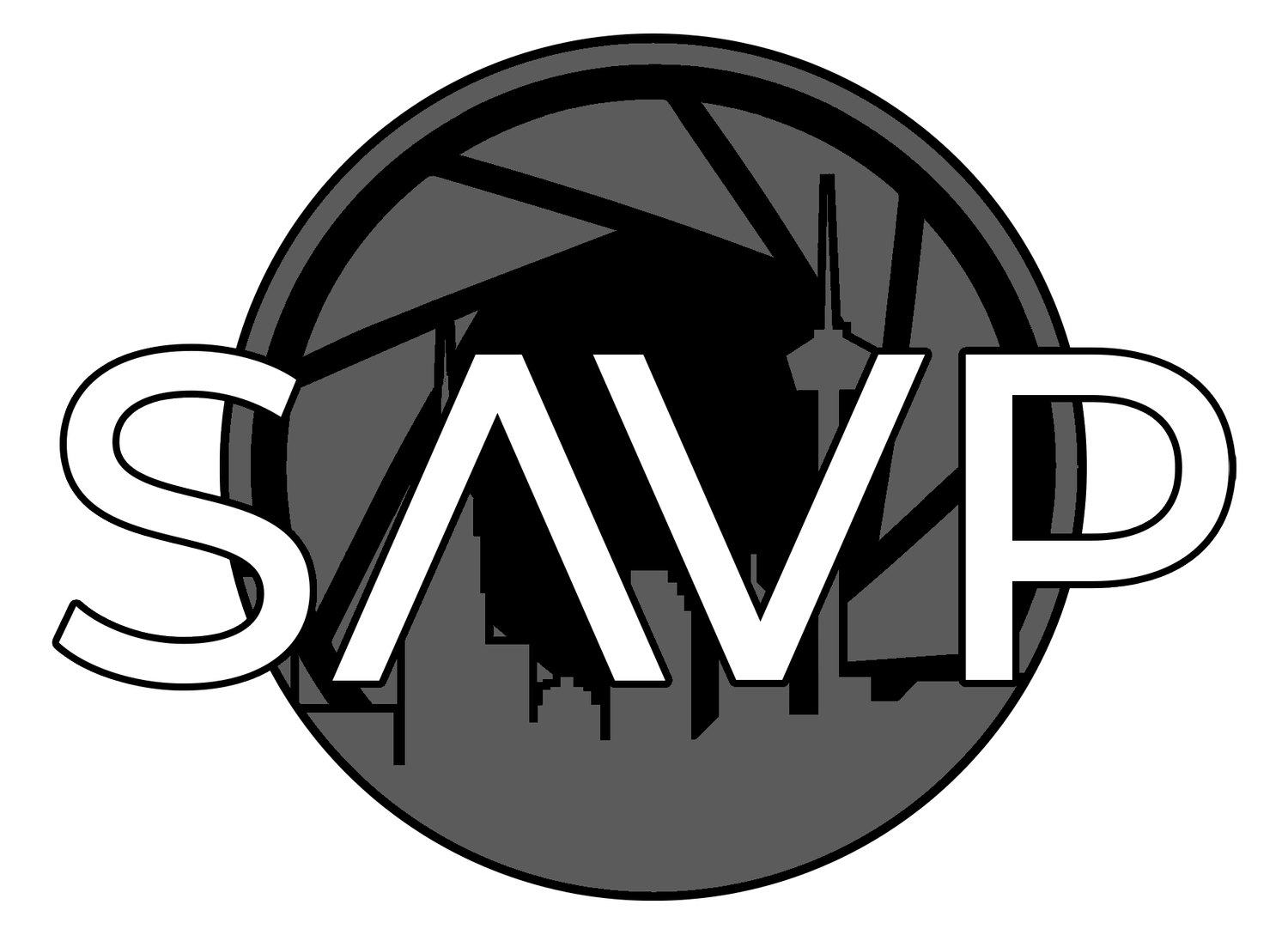Understanding Project Management in Production
Key Components of Efficient Scheduling
1. Detailed Schedules Matter: Crafting a Roadmap for Success
One of the key aspects of project management is developing a detailed schedule. This initial step involves outlining every facet of the production process, from pre-production meetings to shooting days and post-production timelines. A well-structured schedule serves as a roadmap for your project, allowing team members to understand their responsibilities at a glance.
Why Detail is Important: When every aspect of the production is accounted for, it reduces the likelihood of missing critical tasks, ensuring no detail is overlooked. This thoroughness enhances accountability and allows your team to work more cohesively.
Tools for Scheduling: Utilizing project management software can significantly enhance your scheduling capabilities. Tools like Trello, Asana, or Microsoft Project are excellent for collaborating with your team and managing tasks effectively.
2. Efficient Shooting: Maximizing Resources and Time
Efficient shooting techniques are central to successful project management. By planning your shoot carefully, you can significantly reduce wasted time and resources.
Out of Order: Depending on the circumstances, it can be beneficial to shoot scenes out of chronological order. This strategy can ensure that you maximize the use of available locations and actor schedules.
Grouping by Location: When possible, try grouping scenes by location. This tactic minimizes the time spent on set transitions and maximizes shooting efficiency.
3. Buffer Time: The Importance of Breathing Room
In project management, ensuring that there is enough buffer time in your schedule can mean the difference between success and chaos. It’s essential to factor in time for unexpected delays, setup, and breaks.
Anticipating Challenges: No matter how well you plan, unforeseen complications can occur, from technical issues to scheduling mishaps. Having buffer time allocated to each scene can alleviate stress and accommodate these unexpected events.
4. Flexibility in Project Management: Adapting to Change
Flexibility is a vital quality of effective project management and efficient scheduling. As a producer, it’s crucial to create a schedule that allows room for error. Many challenges can arise during production, so a rigid schedule may lead to increased stress and lost time.
Adjusting on the Fly: Whether it’s weather affecting outdoor shooting or last-minute actor availability changes, the ability to adjust your schedule quickly is invaluable. Keeping communication open with your team ensures everyone can adapt swiftly to changes.
Building a Resilient Team: Encouraging your team to embrace flexibility can result in a more positive production environment, fostering quick problem-solving and collaboration.
Project Management Tools to Enhance Efficiency
To further improve your project management and efficient scheduling capabilities, consider incorporating various tools and software into your workflow. Many options can streamline processes and assist in tracking progress.
Project Management Software
Investing in the right project management software can drastically improve how your team collaborates and communicates. Some popular options include:
Monday.com: A user-friendly tool that visualizes project timelines and task assignments.
ClickUp: Offers a customizable platform with features for task management, time tracking, and reporting.
Notion: A versatile application that combines note-taking, database management, and project tracking capabilities.
Scheduling Applications
Creating schedules can also be simplified with dedicated scheduling applications:
Movie Magic Scheduling: Specifically designed for film and television production, it allows detailed planning for scenes and resources.
Gantt: A cloud-based Gantt chart creator that integrates with G Suite, providing a visual timeline interface.
The Path to Successful Project Management
In conclusion, mastering project management and efficient scheduling is essential for any production. The strategies outlined — from crafting detailed schedules to ensuring flexibility and building in buffer time — are invaluable.
By implementing these best practices into your workflow, you not only enhance the productivity of your team but also increase the likelihood of delivering a successful project on time and within budget. Remember, effective project management is a continual learning process that adapts to new challenges and environments, ensuring you stay at the forefront of your production endeavors.



